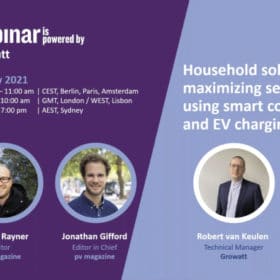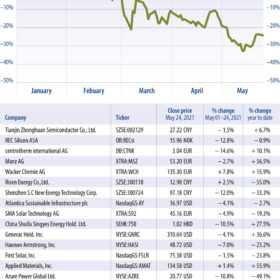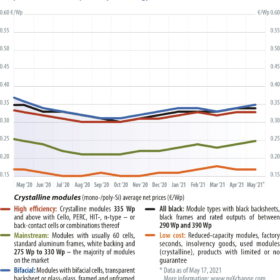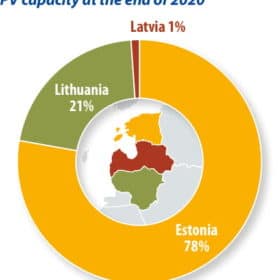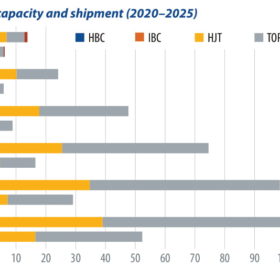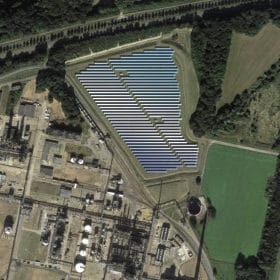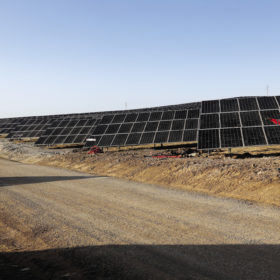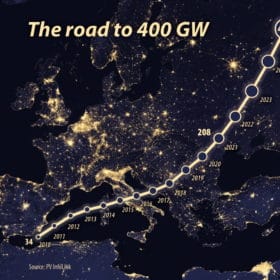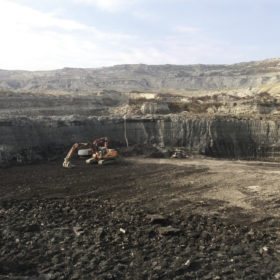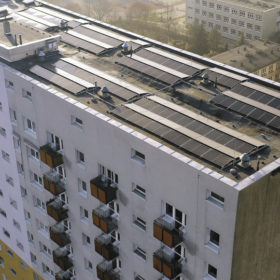Europe’s back in business
Spain, the Czech Republic, Italy, and then Germany: the PV markets of Europe were instrumental in delivering the demand required to build a solar industry of any scale and to set the industrial wheels in motion toward dramatic cost reductions. And today, as European markets set a course for substantial and sustained growth, solar modules cost just 5% of what they did some 12 years ago.
Shipping and steel
In May, cost increases across the supply chain left solar stocks underperforming in the market, writes Jesse Pichel of ROTH Capital Partners. For the U.S., higher prices for shipping and steel have hit particularly hard.
Nuclear – no thanks!
The somewhat timeworn slogan from Germany in the 1970s and 1980s, “Atomkraft – Nein Danke,” is well known, even outside the country. But you hardly ever see or hear it anymore – least of all after the German government decided to phase out nuclear power in 2012, in the wake of the Fukushima disaster. This incident brought the global expansion of nuclear power to a virtual standstill, writes Martin Schachinger of pvXchange. Yet, despite all the latest developments and talk about climate protection in Germany and abroad, there is reason to be concerned that the use of nuclear power as a low-carbon energy source may not be over yet.
Baltic breakdown
Estonia, Latvia and Lithuania have seen uneven development in PV installations to date, and the three Baltic states are still highly dependent on imports from Russia. Estonia needs to replace aging energy infrastructure, and so far it has led the region in PV deployments. Latvia, meanwhile, has a high level of hydro in its energy mix, and less incentive to build PV. IHS Markit analyst Susanne von Aichberger examines the latest policy developments in the Baltic states.
N-type development
This year, PV cell manufacturers will face the challenge of transformation. Apart from adjusting the ratio of production for different-sized cells, some manufacturers are turning to next-generation opportunities, shifting investment from p-PERC to n-type technology. PV InfoLink Analyst Amy Fang discusses the issues facing n-type cell development this year.
Politicians tend to overpromise, except when it comes to solar
The speed of all transitions is inherently underestimated, and solar PV is no exception. The EU has grossly underestimated its coming of age, as its forecasts for 2020 were off by 67% for the Netherlands and 74% for Germany, writes Rolf Heynen, CEO of Dutch New Energy Research.
Rapid growth becomes new normal
Despite the impact of the pandemic and associated economic crisis, 2020 saw unprecedented growth in the solar market. With the International Energy Agency stating that high rates of capacity additions are the new normal, has the energy and investment environment fundamentally changed? Felicia Jackson in London explores these issues.
Driving toward the inflection point
An inflection point for European solar is beginning to take shape as the industry finds itself in a period of acceleration and transformation. pv magazine’s European editors – Emiliano Bellini, Sandra Enkhardt, Gwénaelle DeBoutte, and Pilar Sánchez Molina, along with Jonathan Gifford – look at four trends shaping the market.
Greek investment soars
An array of new investment plans were announced in Greece in May, ranging from mega PV projects to battery and electric vehicle production, as well as a move to smart green islands. pv magazine explores the state of these investments and links them to the country’s general policy frameworks – most notably, Greece’s master plan to boost green investments in former lignite regions and establish a new type of economy.
Poland’s policy overhaul
The first half of 2021 promises significant changes for the renewable energy industry in Poland. Lawmakers are working on a major overhaul of key legislation for the renewable energy sector – the Energy Act and the Renewable Energy Sources Act. These latest amendments make sense and, truth be told, some of them should have been made a long time ago, writes Piotr Mrowiec of law firm Rödl & Partner.
